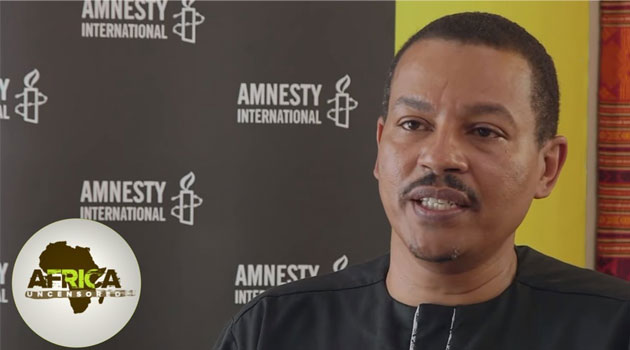Human Rights Watch and Amnesty International Kenya have come forward to express their concerns following the inconsiderable treatment of the public protesters during the earlier demonstrations in response to the government by the opposition. The lobbying firms are now calling on the Independent Policing Oversight Authority (IPOA) and National Police Service (NPS) to conclude the cases being investigated into all deaths and the apparent unjustified use of force by the police.
Human Rights Watch and Amnesty International Kenya having taken on research during April 7 and 17 interviewed 115 witnesses and victims of police violence during protests in Nairobi and the towns of Kisumu, Migori, and Homa Bay. The results are quite concerning as it was found that the authorities deployed riot police who repeatedly attacked people or otherwise used excessive and unnecessary force, including lethal force, to suppress the protests on March 20, 27, and 30.
Documentations show that killings, illegal arrests, beatings, destruction of civilian property, indiscriminate and disproportionate use of tear gas and water cannons, and other serious rights violations occurred in the period. The civil societies have corroborated 12 killings in interviews with family members and witnesses whereby most of the 12, according to the witnesses interviewed, were bystanders, passersby, or people in their homes and business premises.
According to Segun Mausi Africa director at Human Rights Watch, its high time that the Kenyan authorities should stop glossing over the abuse of protesters by the police and other acts of violence rather they need to urgently and thoroughly investigate police abuse during recent protests, including the failure to protect demonstrators from attacks by others.
The crackdown by police left no one out as the media personnel was also victims having been attacked on the March 30 protests on Outering Road near the Pipeline estate in Nairobi, the media personnel were stopped from providing coverage through the bolstering of teargas and water cannons at their cameras.

Segun Mausi Human Rights Watch Africa Director
“The demonstrations were peaceful, people were chanting, people were happy, waving. But now reaching where the police were, they [the police] threw tear gas,” one journalist said. “Vehicles and protesters on foot were blocked from either side by the police with no exit route. The air was suddenly filled with tear gas and colored water … we were trapped and gasping for air.”
Another excruciating case is that of a mother who lost her baby due to the ill actions partaken of during the protests as Joyce Kemunto, 39, lost her 4-month-old daughter after police shot tear gas in Kibera, Nairobi on March 30.
“When the tear gas was thrown, some of the canisters landed on the roof and the smoke came inside where my 4-month-old baby, Precious, was,” she said. “My baby started crying. I took a cloth and water and began wiping her face alongside my other children … There was nowhere to go outside because tear gas was being thrown everywhere. So, we stayed inside, and the baby cried until she stopped breastfeeding.”
The mother narrates how the baby’s condition continually worsened and she started bleeding from her nose and eventually died on the way to a hospital.
Based on such facts, the executive director at Amnesty International Kenya Irũngũ Houghton cautioned against a continuation of such brutal policing of protests as it is guaranteed under our constitution as unacceptable for such action.
He further emphasized the vitality of Kenyan authorities to take meaningful steps to preempt violent protests by facilitating the right to assembly and holding officers criminally accountable for unlawful policing. Failure to act on the March brutality opens the door to more violence in the future that is a threat to the human rights enacted even in the constitution.
Amnesty International Kenya and Human Rights Watch stress the UN Principles on the Use of Force and Firearms allowing the police to use force only when strictly necessary and to the extent required to achieve a legitimate objective, such that there can only be use of tear gas when necessary to prevent further physical harm and where possible issue an advance warning.
Civil societies have come out strongly calling for the protection of rights to life, peaceful assembly, association, and freedom of expression are fundamental human rights, guaranteed under Kenya’s Constitution as well as international human rights treaties to which Kenya is bound, including the African Charter on Human and People’s Rights and the International Covenant on Civil and Political Rights.

